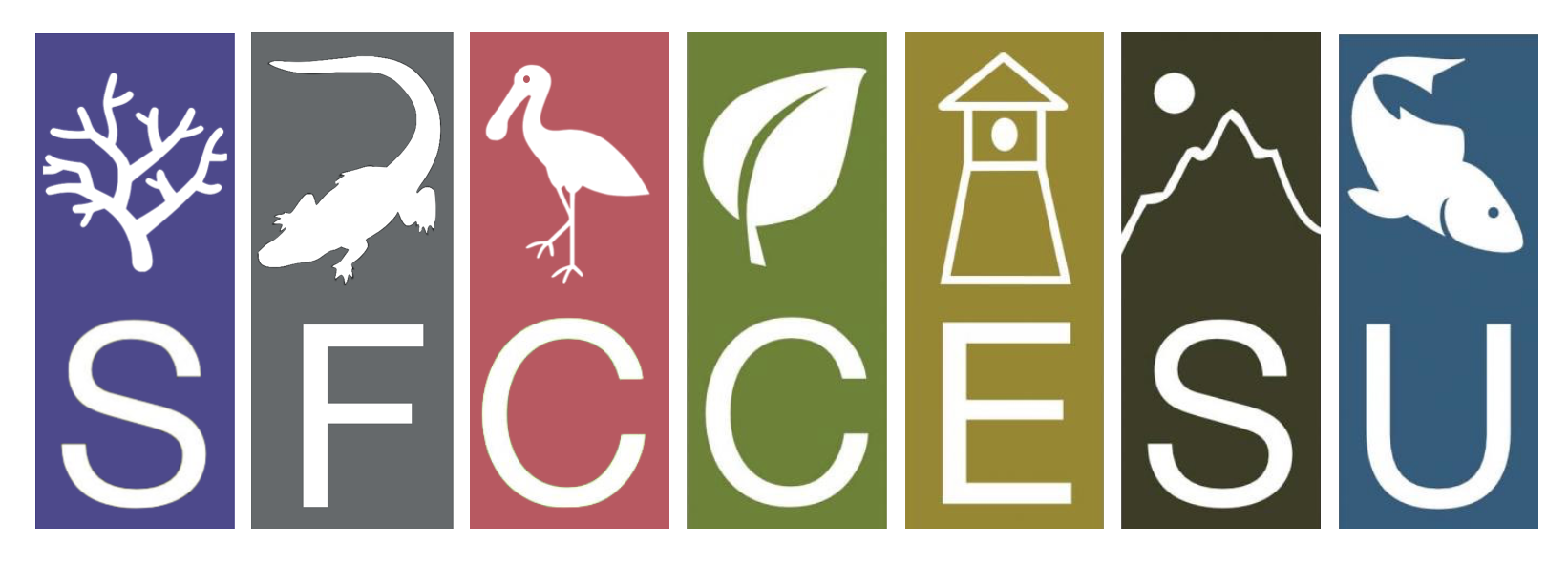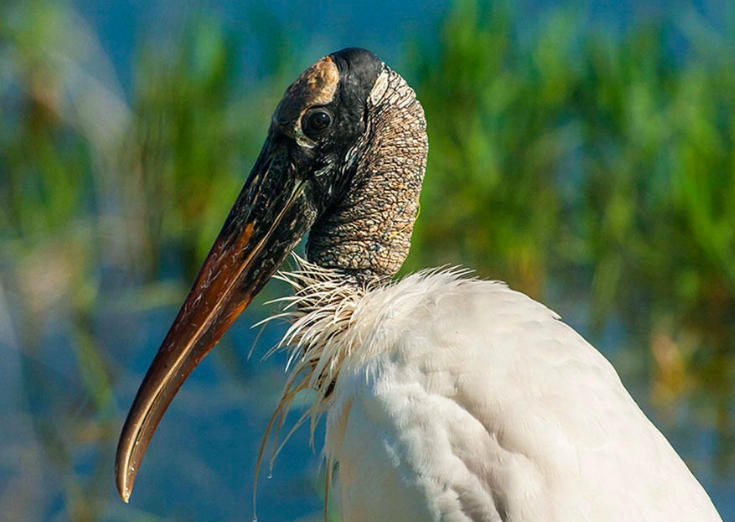NUMBER W912HZ-20-SOI-0001
PROJECT TO BE INITIATED IN 2020
Project Title: Monitoring of wood stork reproduction in the Everglades
Responses to this Request for Statements of Interest will be used to identify potential investigators for a project to be funded by the U.S. Army Corps of Engineers (USACE) Jacksonville District and the Engineer Research Development Center (ERDC) which provides information regarding wood stork reproduction in the Everglades in response to hydrologic changes associated with the current water control plan (e.g. Everglades Restoration Transition Plan) that guides operations in the Central and Southern Florida Flood Control Project. Approximately $259,723.00 is expected to be available to support this project for one (1) year. Additional funding may be available for work in subsequent fiscal years up to 4 years at $259,723.00 per year for a total of $1,298,615.00 over 5 years.
Background:
The wood stork (Mycteria americana) is the only stork breeding in the United States and is federally-listed as threatened. Wood storks have special relevance for the restoration of the south Florida ecosystem. Historically, south Florida was the core reproductive habitat for the species. However, since the 1930s, the breeding population has been in decline. In addition, wood storks have shown marked shifts in the location and timing of nesting. These dramatic changes in the characteristics of birds nesting in south Florida is likely related to both the loss of wetlands and to the altered distribution and timing of surface water in the Everglades. Therefore, the restoration of south Florida wetlands is important to the reestablishment of breeding wood storks to the area.
In addition to the importance of wetland restoration to wood stork populations, improvements in wood stork reproduction may signal the successful restoration of key hydrological and biological functions of the south Florida ecosystem. By virtue of their unique grope-foraging technique, Wood storks require very dense sources of prey in order to cue nesting and to nest successfully. Wood storks also appear to rely on some degree of surface water recession in order to concentrate prey. Successful foraging depends on the right mix of water depth and water level recession. The regular, successful reproduction of storks may indicate that the combination of several hydrological and biological functions in the Everglades has been correctly restored.
Brief Description of Anticipated Work:
The purpose of this research is to continue field data collection of stork and reproductive responses in the Everglades. Specifically, the objectives include:
Objective 1: Collection of field data required to evaluate wood stork reproductive responses in the Everglades using standardized techniques with modifications to allow more accurate assessment as appropriate
Objective 2: Collection of additional field data to evaluate the response of other wading bird species to hydrologic modifications using similar protocols – as the opportunity presents itself
Objective 3: Evaluate collected data to determine impacts of hydrologic changes on wood stork reproductive success. Provide recommendations for ecosystem alternations that would favor preservation and protection of existing wood stork populations.
Public Benefit:
This project will play a critical role in building the knowledge base for understanding wood stork reproduction in the Everglades. This information is important to the public as wood storks act as ecosystem indicators for the Everglades ecosystem, hence providing information on ecosystem health. Improvements in ecosystem health provide a direct benefit to the public. Recreational benefits provided include outdoor recreation opportunities and improved access to Everglades marshes for tourists and Floridians.
Vendor Requirements:
The Vendor must be a non-federal partner of the South Florida – Caribbean CESU Unit willing to accept the negotiated CESU indirect cost rate of 17.5%. Successful applicants should have expert knowledge of the Everglades and a record that demonstrates research experience with stork and wading bird communities. The candidates should have prior experience with stork reproductive responses, systematic aerial surveys, and ground visits to each site using airboats. The candidates will be required to prepare a Statement of Work and Work Plan regarding the research to be conducted. The candidates will also be required to submit quarterly and annual reports each year of the contract to provide updates on monitoring, data collection and analyses, and assessments.
Government Participation:
The USACE will participate in study site selections, design, and work plan development. USACE will participate in field data collection efforts as appropriate, will review quarterly status reports, and will provide input to data interpretation for final reports, as well as review annual and final reports. USACE will incorporate the data and analysis into a system-wide database that assesses and evaluates ecosystem restoration efforts in central and southern Florida. Scientific and technical information generated from the project will be utilized to evaluate project/restoration performance and system responses to be used in the development of assessment reports describing and interpreting those responses.
Materials Requested for Statement of Interest/Qualifications:
Please provide the following via e-mail attachment to:
Deberay.R.Carmichael@usace.army.mil
(Maximum length: 2 pages, single-spaced 12 pt. font).
1. Name, Organization and Contact Information
2. Brief Statement of Qualifications (including): a. Biographical Sketch,
b. Relevant past projects and clients with brief descriptions of these projects,
c. Staff, faculty or students available to work on this project and their areas of expertise,
d. Any brief description of capabilities to successfully complete the project you may wish to add (e.g. equipment, laboratory facilities, greenhouse facilities, field facilities, etc.).
Note: A proposed budget is NOT requested at this time.
Review of Statements Received: Based on a review of the Statements of Interest received, an investigator or investigators will be invited to prepare a full study proposal. Statements will be evaluated based on the investigator’s specific experience and capabilities in areas related to the study requirements.
Please send responses or direct questions to:
Deberay Carmichael
U.S. Army Engineer Research and Development Center (ERDC)
ERDC Contracting Office (ECO)
3909 Halls Ferry Road
Vicksburg, MS 39180
Deberay.R.Carmichael@usace.army.mil
Timeline for Review of Statements of Interest: Review of Statements of Interest will begin after the SOI has been posted on the CESU website for 10 working days.

